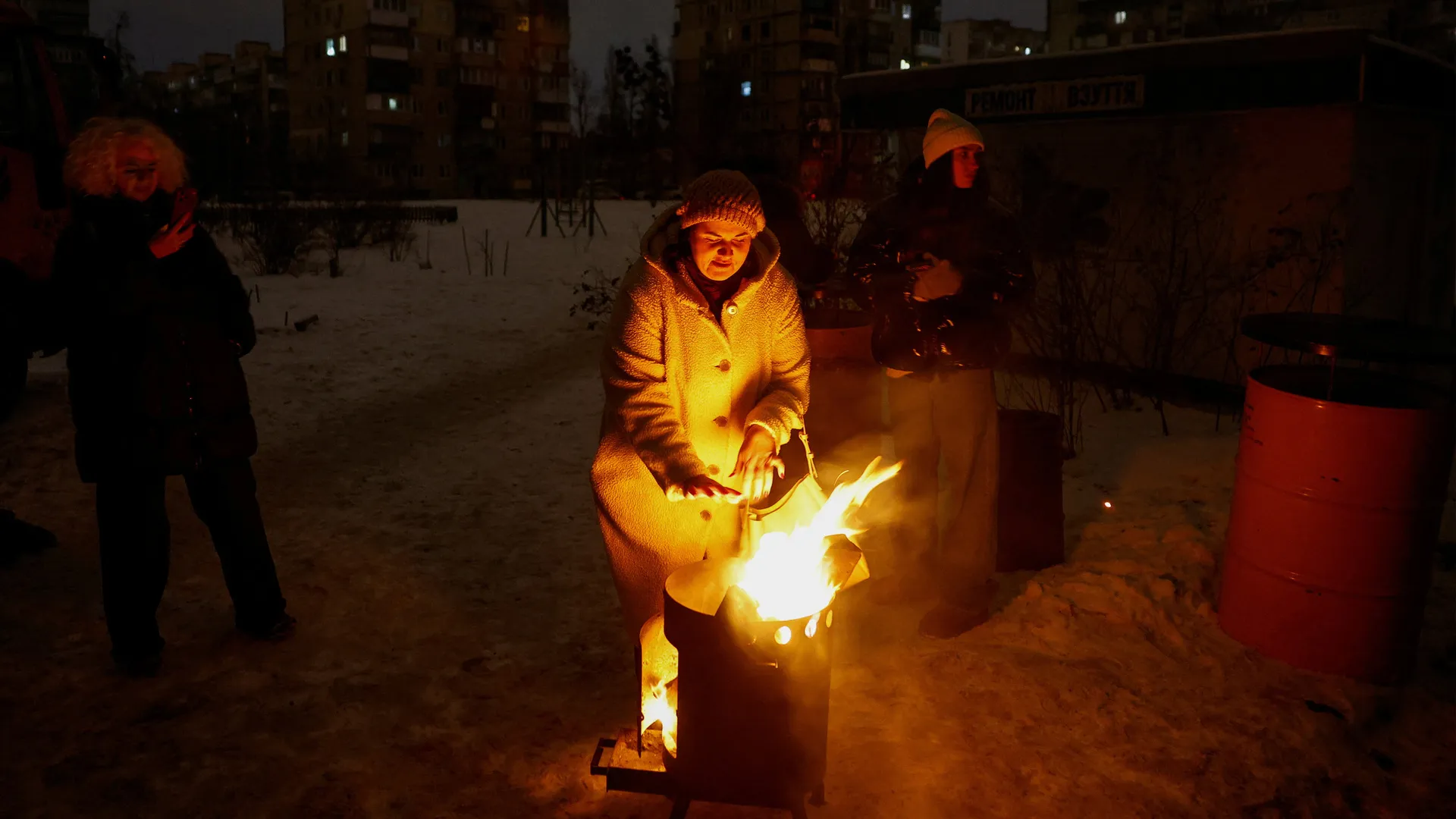Nigeria’s Argungu fishing contest returns after years of pause | Arts and Culture News
Published On 15 Feb 2026
Thousands of fishermen converged on the milky waters of the Matan Fadan river, a UNESCO heritage site, winding through verdant landscape in northwestern Nigeria’s Argungu.
President Bola Tinubu joined thousands of spectators on Saturday, cheering competitors vying to catch the largest fish, despite security concerns deterring some attendance.
Participants employed only traditional methods, including hand-woven nets and calabash gourds, with some demonstrating their prowess using bare hands. The Kebbi State waterway teemed with woven nets and canoes as fishermen waded through.
This year’s champion landed a 59kg (130-pound) croaker fish, winning a cash prize. Other participants sell their catch, stimulating the local economy.
The river remains closed throughout the year, overseen by a titled authority known as Sarkin Ruwa, the water chief.
The fishing contest marked the pinnacle of the annual international fishing festival, which showcased cultural displays, including traditional wrestling and musical performances.
“I thank God that I got something to take home to my family to eat. I am very happy that I came,” Aliyu Muhammadu, a 63-year-old fisherman who participated in the competition, told The Associated Press news agency.
The festival originated in 1934, marking peace between the extensive Sokoto Caliphate – a vast 19th-century Islamic empire spanning from Nigeria into parts of modern-day Burkina Faso – and the previously resistant Argungu emirate.
Considered a symbol of unity, the festival ran continuously for decades until 2010, when infrastructure problems and growing northern Nigerian insecurity forced its suspension. It briefly resumed in 2020 before pausing again until this year.
Nigeria faces complex security challenges, particularly in the north, where thousands of people have been killed in attacks over the years.
While Tinubu characterised the festival’s return as a sign of stability, for many, it represents restored community pride.
“Our challenge now is that people are scared of coming. A lot of people don’t attend the event like before because of insecurity,” said Hussein Mukwashe, the Sarkin Ruwa of Argungu.


